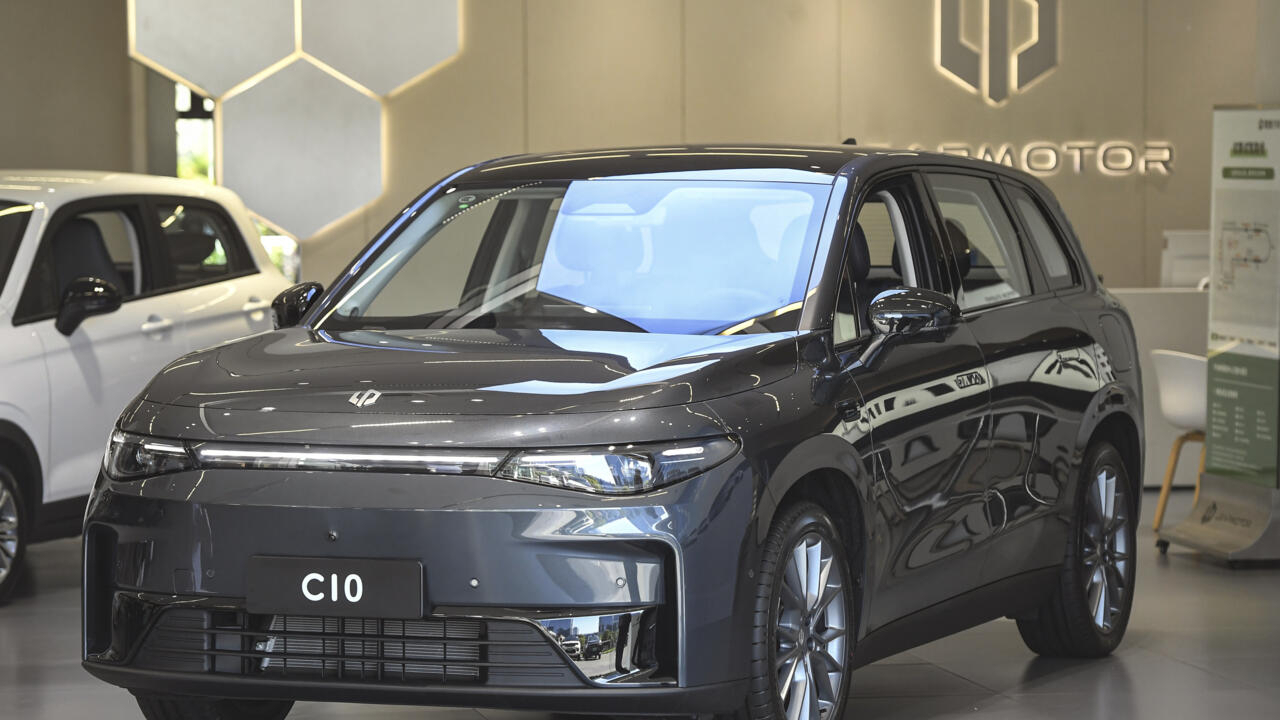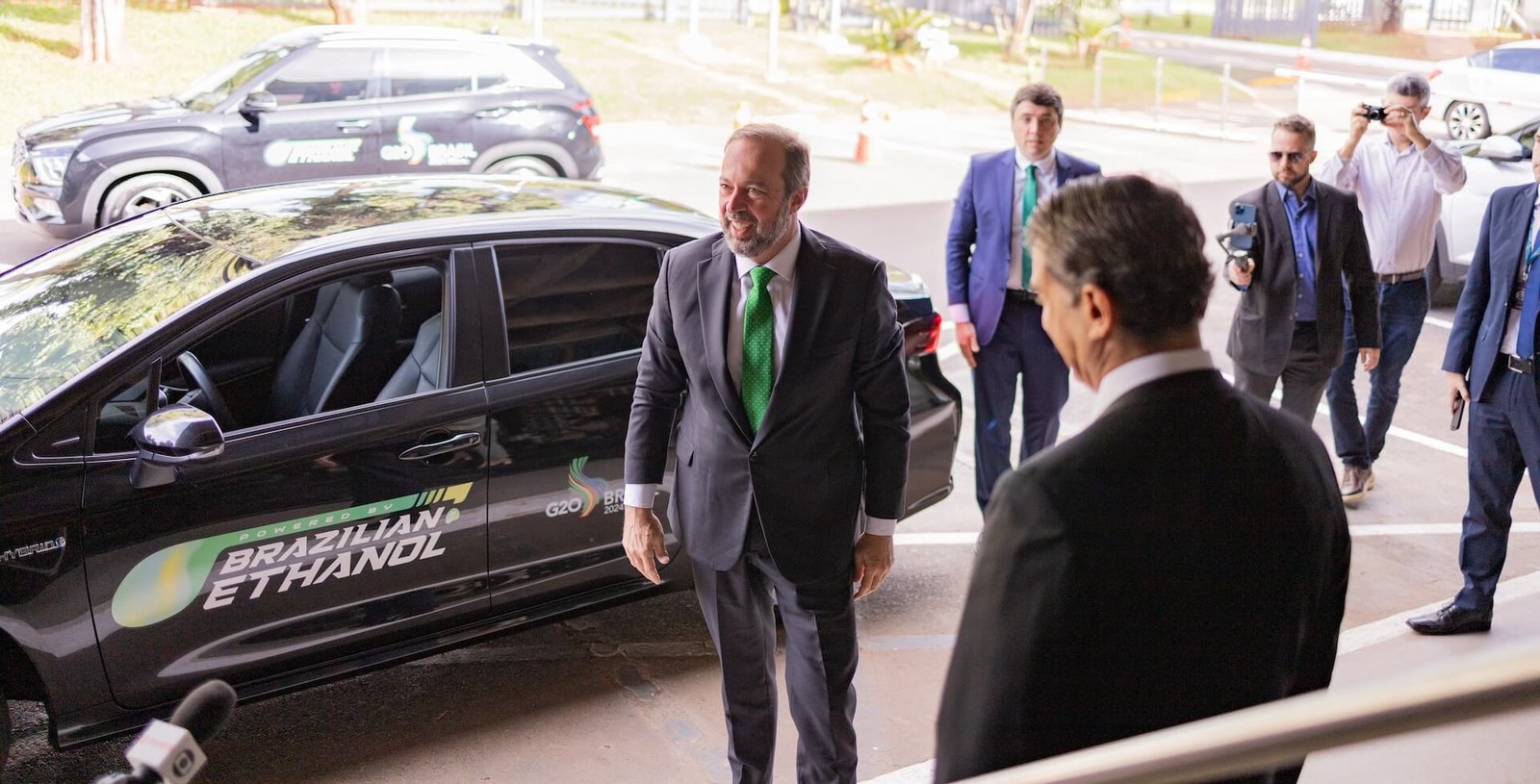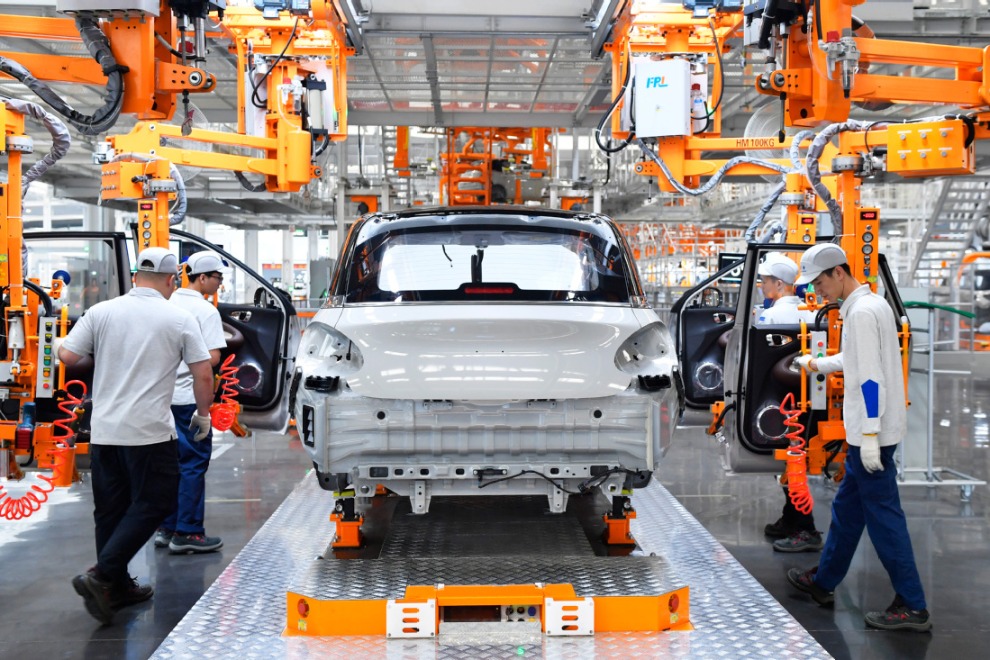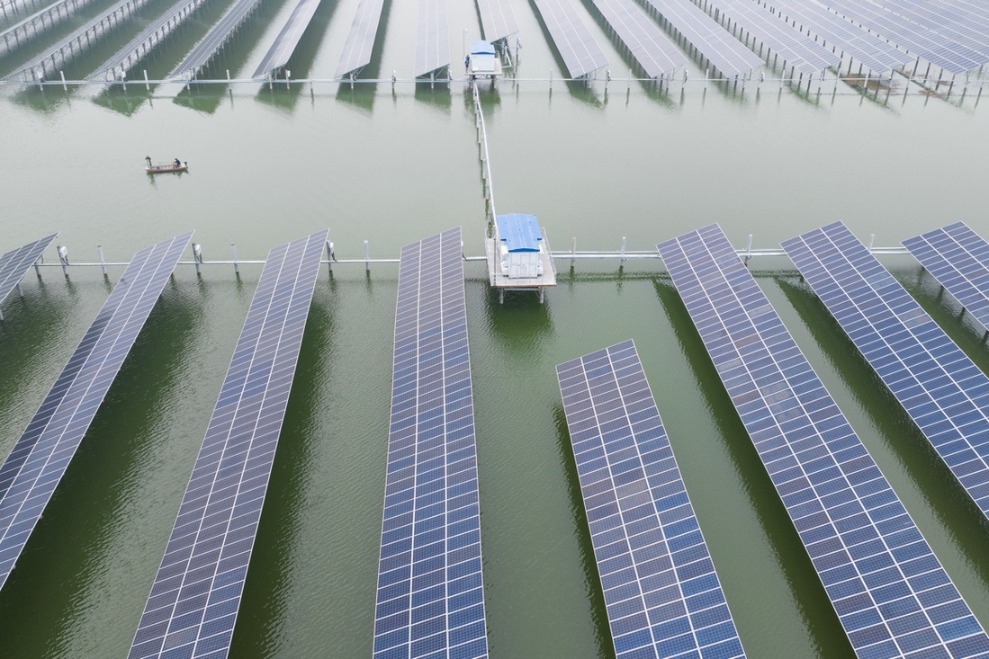China has launched an appeal at the World Trade Organization (WTO) against the European Union’s (EU) recent imposition of provisional tariffs on Chinese electric vehicles (EVs). The EU implemented these tariffs, which could reach up to 38%, following an investigation that claimed Chinese EVs were undermining European competitors through unfair practices.
China’s Response to EU’s Anti-Subsidy Measures
On August 9, China formally appealed to the WTO’s dispute settlement mechanism, aiming to protect its EV industry’s rights and interests. The Chinese commerce ministry criticized the EU’s actions, arguing that the preliminary ruling was not only lacking in factual and legal basis but also violated WTO rules. They emphasized that such measures could harm global efforts to address climate change and urged the EU to reconsider its position to maintain stable economic and trade relations between China and the EU.
EU’s Stance and WTO Involvement
In response, the European Commission expressed confidence that its investigation and resulting measures were in compliance with WTO regulations. A spokesperson for the European Commission stated that the EU is carefully reviewing China’s appeal and will respond accordingly within the framework of WTO procedures.
The WTO has acknowledged receipt of China’s request, with further details expected to be shared with member states in due course. The EU’s provisional tariffs are set to become definitive in November, pending approval from the 27 member states, potentially extending for five years.
Broader Trade Tensions Between China and the EU
This dispute is the latest in a series of trade tensions between China and the EU, with both sides launching various probes and countermeasures across multiple industries. The EU’s actions are part of a broader strategy to protect its automotive sector while transitioning towards green energy solutions. However, this has put Brussels in a challenging position as it seeks to balance industrial protection with maintaining positive relations with China.
China’s rise as a dominant player in the EV market has been fueled by significant state investment in domestic companies and research and development. This strategy has allowed Chinese manufacturers to offer more affordable and efficient EVs, putting pressure on European automakers.
As trade tensions rise, the global EV market faces increasing uncertainty, with significant implications for international trade and the ongoing shift toward green energy solutions.
Source: france24.com





